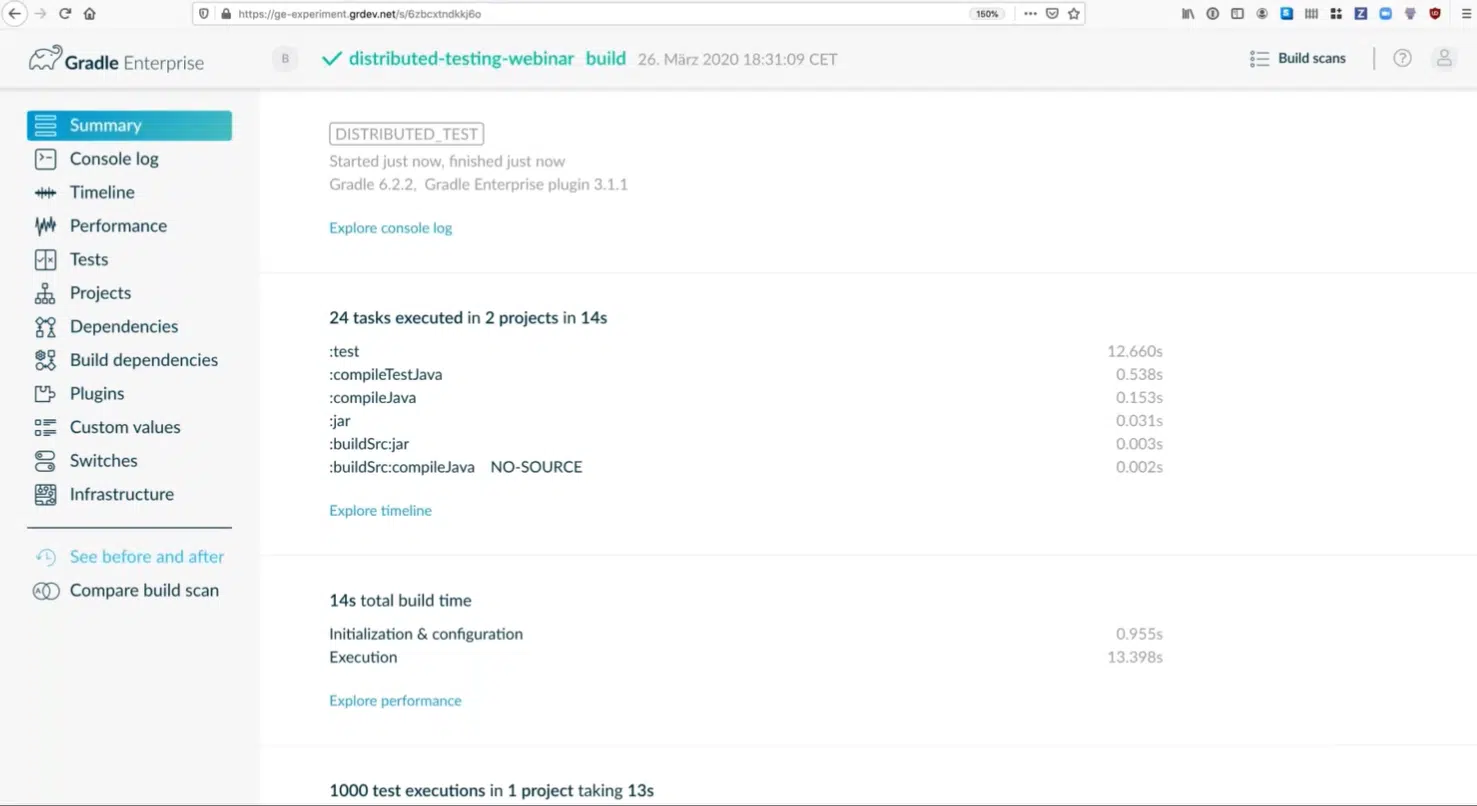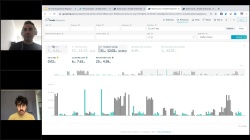Gradle Build Cache Node Replication in Android
By The Develocity TeamIn this guest post, Roger Taracha, senior Android engineer at Premise Data, shares his company’s experience using build-cache node replication to serve their distributed teams across the globe. Roger begins with a conceptual recap of the Gradle Build Cache, its benefits, and general installation/configuratIon considerations. He then outlines the key benefits of node replication and the setup and configuration process (including connecting to Develocity). Roger closes by sharing the inner workings of the Gradle build script solution that optimizes replicated node selection for local developer performance.
Read More →










